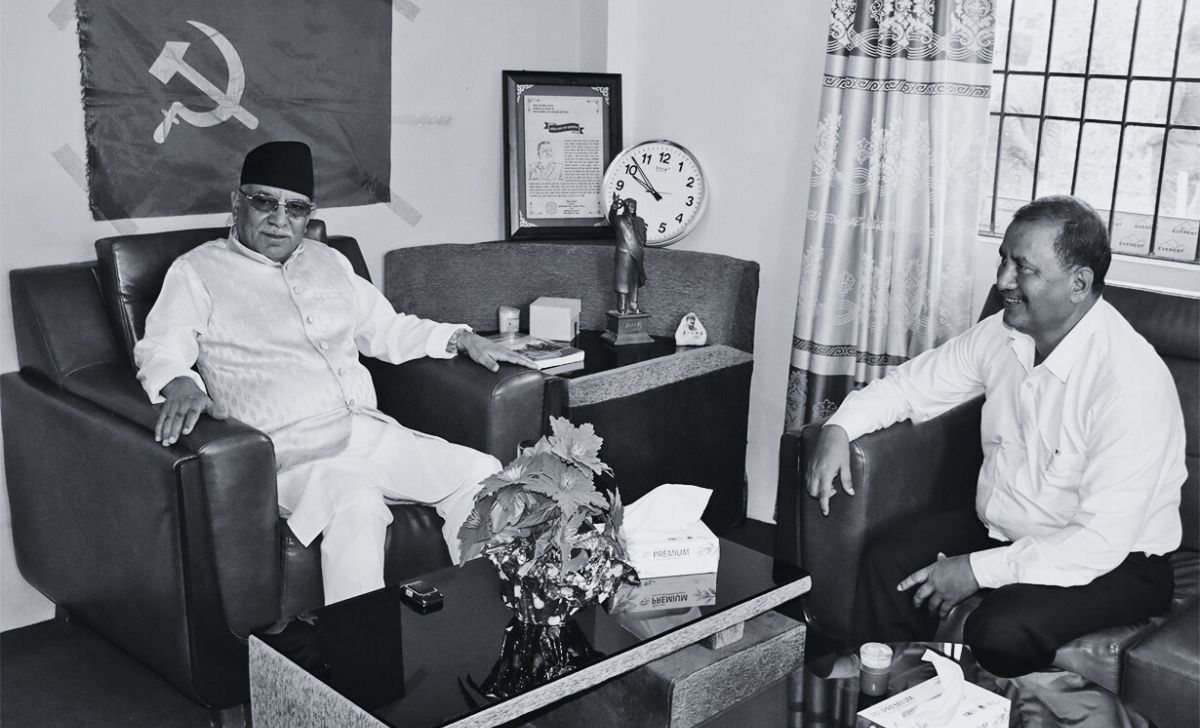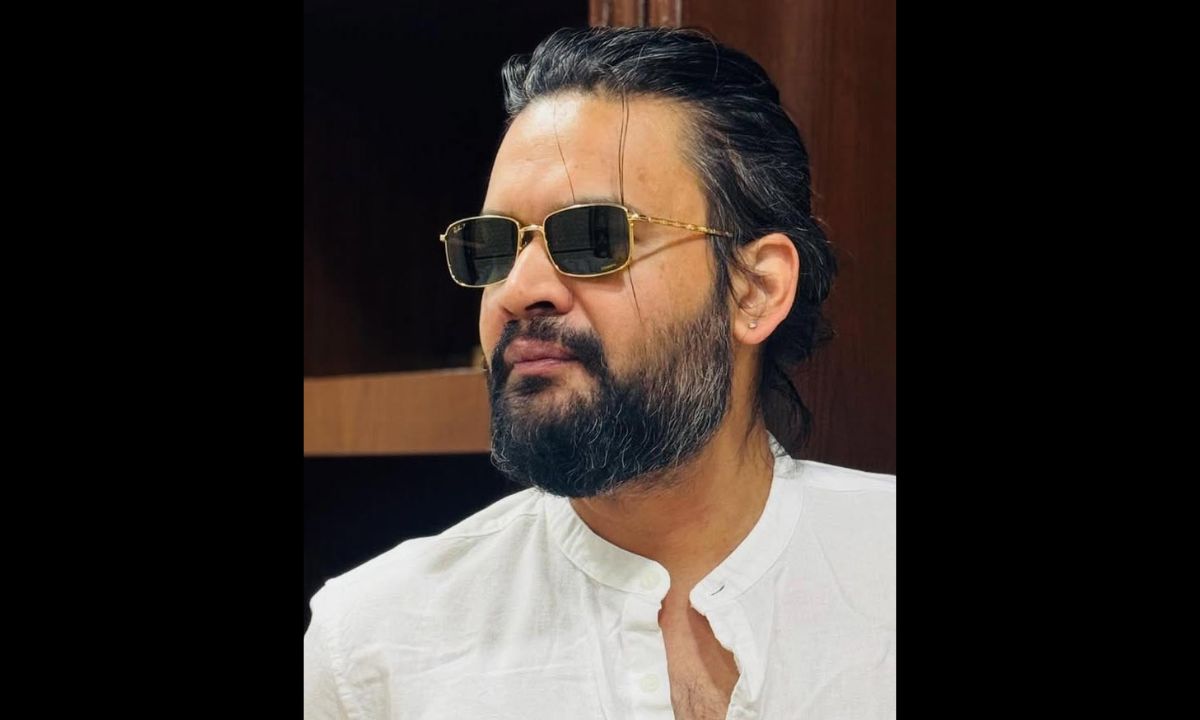The Kaski District Court has granted interim relief to Rastriya Swatantra Party (RSP) President Rabi Lamichhane. Rabi has been released on bail of NPR 6.5 million, bringing joy to RSP supporters.
Despite the court’s order, there was skepticism about Rabi’s immediate release. The government had filed cases in various districts with a strategy to re-arrest him even if one court released him. However, the government and police have stepped back from their re-arrest strategy, making his release possible today. This marks a moral victory for both Rabi and the RSP, albeit a partial one.
Rabi’s arrest had put the RSP’s reputation at stake. The party staged street protests, demanding his investigation without custody. The party faced criticism for allegedly pressuring the court, but today’s order has validated the party’s demand. Rabi will now be able to fight his case while out of custody.
The claim that Rabi’s arrest was apolitical lacks credibility. While the investigation against him was natural, it was widely agreed that keeping him in custody was unnecessary.
Custody is typically reserved for those who may abscond, destroy evidence, or commit another crime. None of these risks applied to Rabi. Many believe that the ruling Nepali Congress orchestrated his detention as an act of political revenge, using the government as a tool.
The court’s order was solely about whether Rabi should remain in custody or not. Granting bail does not equate to an acquittal. A final verdict will determine his innocence or guilt. However, this order will undoubtedly boost the morale of Rabi and his party. Had the court ordered him to remain in custody for trial, it would have strengthened the charges against him and could have been politically damaging.
Besides Kaski, cases are also ongoing against Rabi in Kathmandu, Chitwan, and Bhairahawa. While the Kaski court ordered his release, the outcomes in the other districts remain uncertain.
Nonetheless, the precedent set in Kaski is likely to influence other districts. Since similar charges have been filed in all cases, uniformity in court orders can be anticipated. It is generally uncommon for one court to release on bail while another orders custody for the same type of case. Rabi’s optimism hinges on this principle of judicial consistency.
Why did the court order Rabi’s release, and why was a bail amount of NPR 6.5 million set? Let’s delve into this.
The order states:
“Upon reviewing the case involving the defendant Rabi Lamichhane, it is evident that he is accused of cooperative fraud, organized crime, and money laundering. During the court statement, he claimed that although he was the managing director of Gorkha Media Pvt. Ltd., he was unaware of the financial transactions as they were managed by Gitendra Babu Rai, a co-founder of the company. He stated his role was limited to signing cheques and denied taking any loans from Suryadarshan Savings and Credit Cooperative. However, evidence shows that 814 transactions were conducted via cheques signed solely by Rabi. Additionally, even before formally joining or after leaving Gorkha Media, he signed some cheques. The investigation also revealed financial transactions from the cooperative to Rabi’s personal accounts and later to Gorkha Media accounts.
Although the evidence suggests potential involvement, there is currently no concrete proof to declare him guilty. Therefore, the court has decided to release him on bail of NPR 6.5 million or equivalent collateral. If the bail is not posted, he will be detained as per legal provisions.”
In summary, the court granted bail due to a lack of direct evidence implicating Rabi in cooperative fraud. However, it highlighted some suspicious activities, such as 814 cheque transactions under Rabi’s sole signature and financial transfers linked to him.
Rabi has not denied signing cheques in his capacity as managing director of Gorkha Media. He argued that the funds were used for the company’s purposes, not personal gain. His legal team contends that corporate law, not cooperative law, should apply in this context.
The court order also mentioned a transaction of NPR 75 million from Gitendra Babu Rai’s account to Rabi’s account, which was later transferred to Gorkha Media’s account. The transparency and legality of these transactions will undergo judicial scrutiny in the future. Nevertheless, Rabi has taken responsibility for actions conducted during his tenure as managing director. The court concluded that custody was unnecessary while additional evidence is gathered.
Rabi’s ability to contest the case while out of custody is a significant relief for him. Although he cannot perform any parliamentary duties as an MP until the case is resolved, he can still lead his party actively as its president. However, it remains uncertain how long he will have to endure this legal battle to clear his name.




